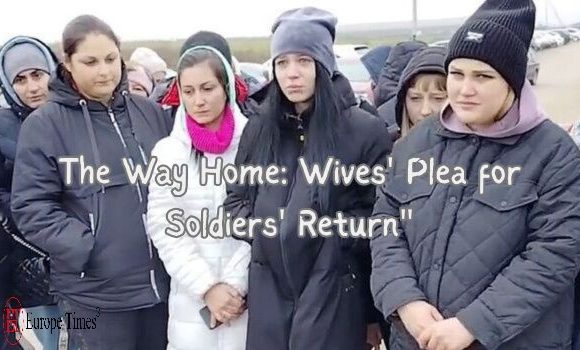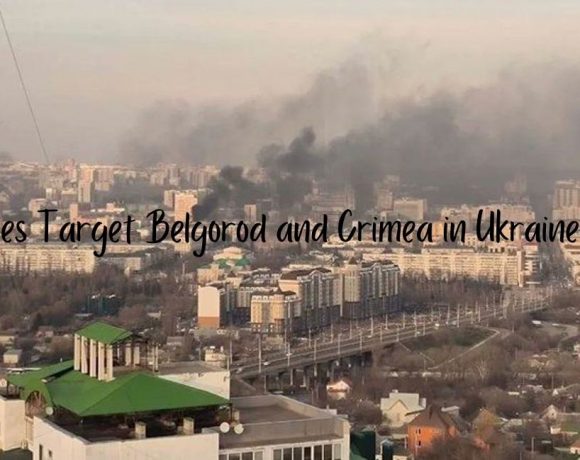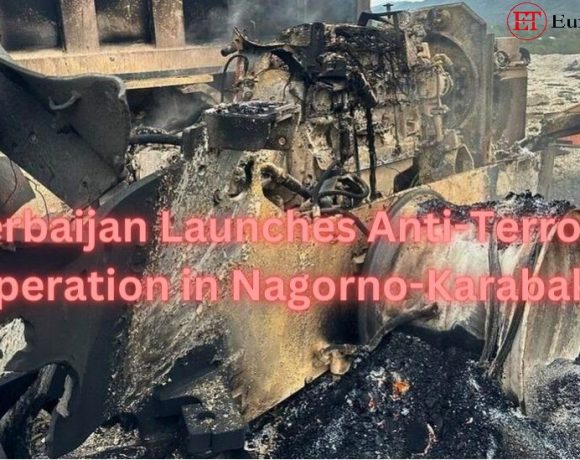
In a Moscow function room, a group of women, known as The Way Home, publicly criticizes the Russian authorities for keeping their husbands, part of the 300,000 reservists mobilized for the war in Ukraine, away from home. The women, who met through social media, have different views on the war but share the belief that their husbands have fulfilled their military duty and should return.
The women express frustration with the government and its lack of consideration for the soldiers’ well-being. They meet with local councillor Boris Nadezhdin, a rare government critic who has been allowed on national television. Nadezhdin, critical of the military operation, believes the war has damaged Putin’s domestic popularity.
Critics of the war blame the mobilized men, while Kremlin supporters label the women as Western puppets. Russian MP Andrei Kartapolov suggests that calls for demobilization are orchestrated by Russia’s enemies, linking it to World War Two. The women find such comparisons insulting, emphasizing that the current conflict is different.
Maria Andreeva, a member of The Way Home, not only advocates for her family’s return but also aims to prevent further call-ups. The group stages peaceful protests by laying flowers at the Tomb of the Unknown Soldier.
Despite their efforts, the women feel a lack of support from society. Antonina, whose partner was drafted, shares her disappointment in the changing perception of her husband among friends. She emphasizes the desire for the return of husbands who did not volunteer for the front line, questioning Putin’s attitude towards citizens who once supported him. The women fear the possibility of a second wave of mobilization, despite Putin’s earlier assurances.
Picture Courtesy: Google/images are subject to copyright


